FAQ
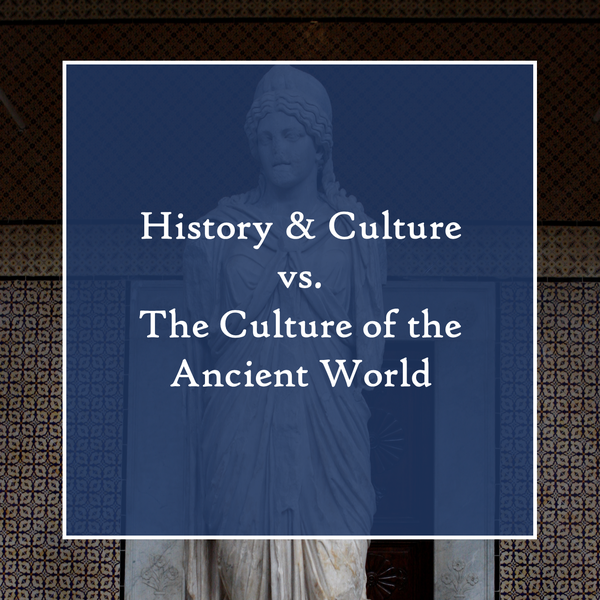
|
JLU offers a distinctive degree program: "The Culture of the Ancient World." This program integrates the academic disciplines of Classical Archaeology, Ancient History, and Classical Philology (Latin and Greek) to provide a holistic, culturally and historically oriented study of antiquity. It connects various discourses, approaches, methods, and media. In addition to specialized knowledge in ancient studies, the interdisciplinary nature of the program enhances your ability to understand and work within interconnected structures. This allows you to explore the entire spectrum of antiquity within a single degree program. By studying Classical Archaeology as part of the "History and Culture" degree program, you have the opportunity to tailor your own individual study profile. You have the flexibility to combine different disciplines within the humanities to match your personal interests—an attractive feature that can significantly enhance your CV from a career perspective. For instance, you might choose to combine "Classical Archaeology" with "Philosophy," or with specialized journalism. The choice is yours, allowing you to shape your own unique career path. Still unsure which of the two degree programs is right for you? Simply get in touch with us, and we will provide personalized advice!
|
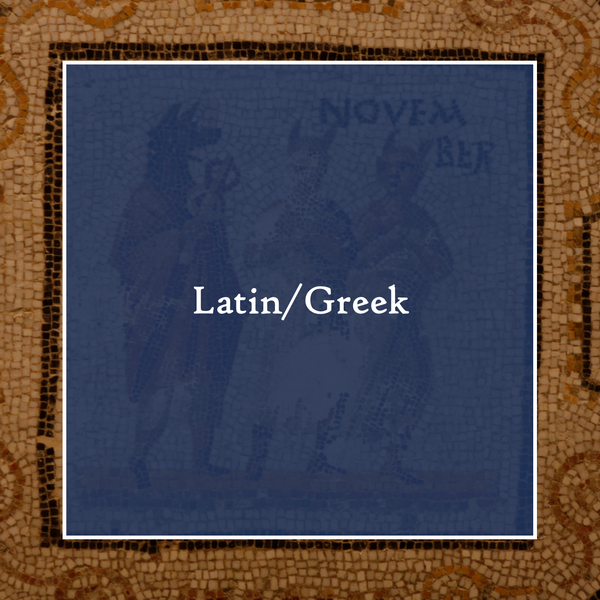
|
Yes, it is! Latin and Greek are not mandatory requirements for studying Classical Archaeology or the "Culture of the Ancient World" program at JLU. While having prior knowledge of Latin and Greek is advantageous, it is not a prerequisite for studying Classical Archaeology. If you have not yet been exposed to ancient languages, we offer the opportunity to acquire basic knowledge of Latin and/or Greek during your studies. Language acquisition is integrated into the curriculum for those who did not study Latin and/or Greek in school. Students with relevant prior knowledge can also expand their language skills. For instance, students with knowledge of Latin can take Greek courses, and vice versa. Those who have already mastered both ancient languages can either deepen their knowledge through additional courses or, for example, expand their skills in museum didactics. For further information on the schedule, content, and structure of the Latin and Greek courses, please contact the relevant staff at the Competence Centre Antiquity . |


|
You will acquire skills in identifying, uncovering, and documenting archaeological features, and in investigating them using archaeological and scientific methods.
You will examine archaeological remains using methods of form and style analysis, as well as iconography and iconology.
You will evaluate archaeological evidence within the historical and socio-cultural contexts of antiquity and its legacy.
You will develop the ability to critically present cultural studies content and communicate it through various media to diverse audiences. |

|
After studying Classical Archaeology, a wide range of professional fields will be open to you. Here are a few examples from different sectors, though this list is by no means exhaustive:
|
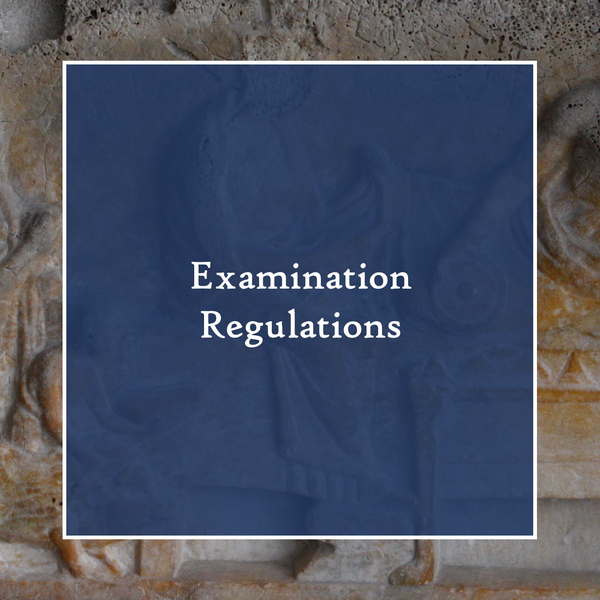
|
Every degree program operates within a fixed legal framework and is structured according to specific rules. These rules are outlined in the respective examination and study regulations, which also provide an ideal curriculum for the program. The examination and study regulations are the most important documents in the entire degree program, as they establish the "rules of the game"—and no one can play a game properly without knowing the rules! If you want to understand exactly how the degree program is structured, how its content is aligned, which examinations are required and in what form, what the general requirements are, and what options are available to you within this framework, you should read the examination regulations. It is always advisable to familiarize yourself with these regulations in advance to orient yourself. However, reading the examination and study regulations becomes mandatory as soon as you begin your studies. Many students neglect this document and later encounter surprises during their studies—such as being unable to enroll in certain courses because they did not complete a prerequisite or failed an exam required for course enrollment. This can unnecessarily extend the duration of the degree program. You can find the examination regulations for the degree programme "History and Culture" here . You can find the examination regulations for the degree programme "The Culture of the Ancient World" here. |
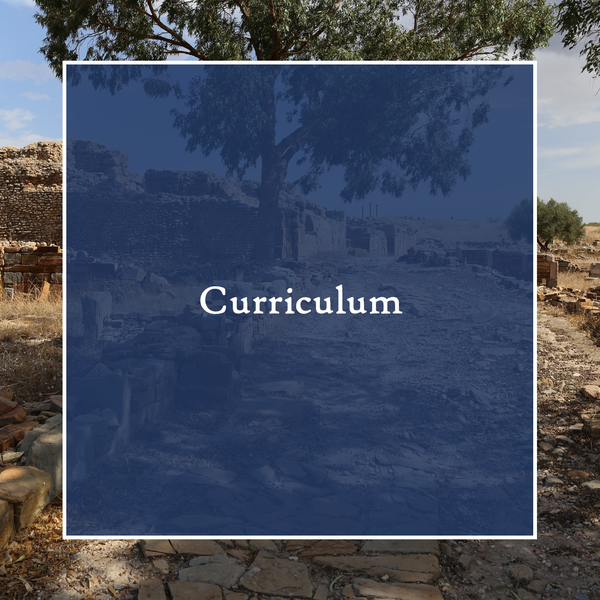
|
The idealized curriculum outlines all the modules you are required to take during your degree program and indicates the recommended timing for each course. It serves as a guideline for organizing your personal timetable, helping you complete the necessary coursework and examinations within the standard period of study. Completing your studies within this period is important not only for maintaining academic progress but also for those receiving BAföG or scholarships. While the idealized curriculum is a recommendation rather than a mandatory requirement, it is a useful tool for personal planning. Customizing your course of study to fit your individual needs can enhance your chances of success. However, the idealized curriculum provides valuable guidance, helping you understand the structure of your program and the opportunities available. Familiarizing yourself with it ensures you are aware of what to expect and helps you avoid missing important study goals or opportunities. Note that some modules are offered cyclically in a 4-semester cycle and may require completion of other modules beforehand. If you have any questions or uncertainties about planning your studies, please contact the staff at the Chair of Classical Archaeology: Dr. Michaela Stark , Dr. Claudia Schmieder or Solvejg Langer M.A.
|


|
The ability to work academically is essential for a university degree program and represents a fundamental skill for your subsequent career, whether in research, cultural institutions, or as a key qualification in the private sector. As part of the colloquium, held every two semesters, fundamental aspects of academic work are addressed theoretically. Strategies for effective presentation, rhetorical development, and didactic preparation of research content are developed. Students then apply this newly acquired knowledge through exercises, such as processing and discussing thematically and systematically focused academic questions based on relevant secondary literature, writing reviews, or developing, implementing, and presenting their own research projects. It is advisable to take this course early to be well-prepared for presentations, discussions, and term papers throughout your studies. ZfbK (Centre fpr Competence Development) also offers a variety of courses each semester to help acquire key skills, including individual writing advice. Most of these courses can even be credited as AfK (extra-curricular skills) toward your degree program.
|
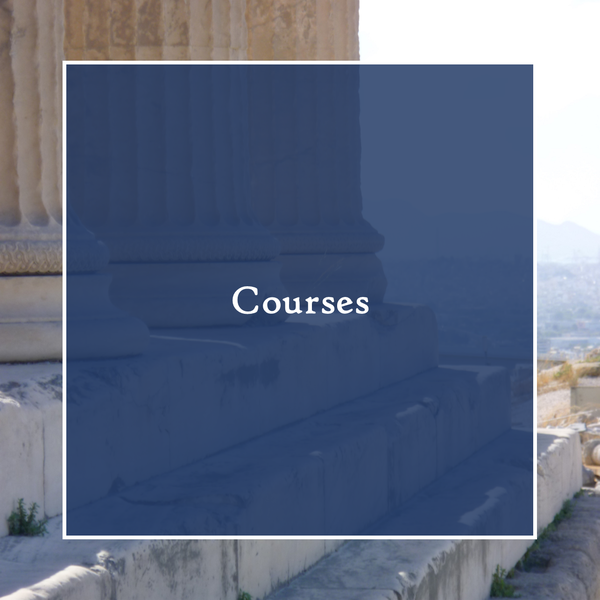
|
Lectures, seminars, and tutorials are distinct types of courses, each with different teaching formats and expectations. It is important to understand these differences to meet the requirements of each type of course effectively. Lectures are the traditional form of university teaching, focusing on the delivery of information rather than the development of skills. Lectures accommodate a large number of students and typically involve the lecturer presenting on a specific topic throughout the semester. Although lectures are largely one-way, with the lecturer speaking and students listening, active participation is still required. Seminars involve significantly more interaction between lecturers and students compared to lectures. The student group is smaller, which allows for a focus on skill acquisition and ensures more personalised supervision. Seminars are not just about conveying information; students are expected to actively engage. Methodologies may vary depending on the topic and teaching objectives and can include student presentations, discussions, group work, and other interactive formats. Tutorials , as the name suggests, focus on practising and solving tasks collaboratively. The number of participants is limited to provide intensive support and guidance. Tutorials are designed to introduce specific subject topics and methods, with an emphasis on practical application and skill acquisition. Active participation is crucial in tutorials, as hands-on practice is essential for mastering the material. |
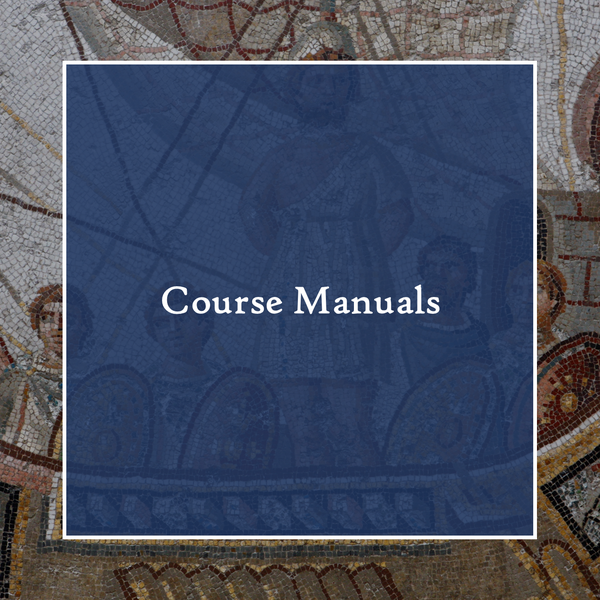
|
A course manual is a crucial yet often overlooked document that provides detailed information about each course for the current semester. It can be accessed through StudIP. Each course manual is prepared by the lecturers and is based on the module descriptions outlined in the "Special Regulations." The manual summarizes the course content, provides an overview of the topics covered in each session, defines the learning objectives that students are expected to achieve by the end of the course, and details the workload and attendance requirements in accordance with the current examination regulations. It also includes important information about examination modalities (such as the form of the examination, the tasks involved, and the calculation of the module grade), offers essential tips for successfully completing the course, and provides introductory and further reading materials that are fundamental to the course. These readings should be reviewed before and after the course. Note that attendance hours constitute only a small part of the overall workload; self-study between sessions takes up significantly more time. The recommended literature in the course manual serves as a suitable foundation for this independent study, which students should undertake based on their interests. By dedicating a few minutes at the beginning of each semester to read the course manual, you will be well-prepared for your courses and will have a clear understanding of what is expected and what is offered. This document answers all essential questions about the course.
|

|
Central research tools for the subject of Classical Archaeology include Zenon (German Archaeological Institute) and Propyläum (Specialised Information Service for Classical Studies). These resources provide extensive information on subject bibliographies, relevant sections of library catalogues, and full-text data sources. Additionally, many academic articles are freely accessible online through platforms such as Academia.edu, JSTOR, and ResearchGate. You can use the JustFind platform to search the JLU library system. This tool allows you to determine which (branch) library holds the books you need and provides information on their locations. It also offers a growing collection of e-books available for download or online viewing. If you cannot find the publication you are looking for in the Classical Archaeology Library, please contact the staff, student assistants, or library assistants for assistance. |
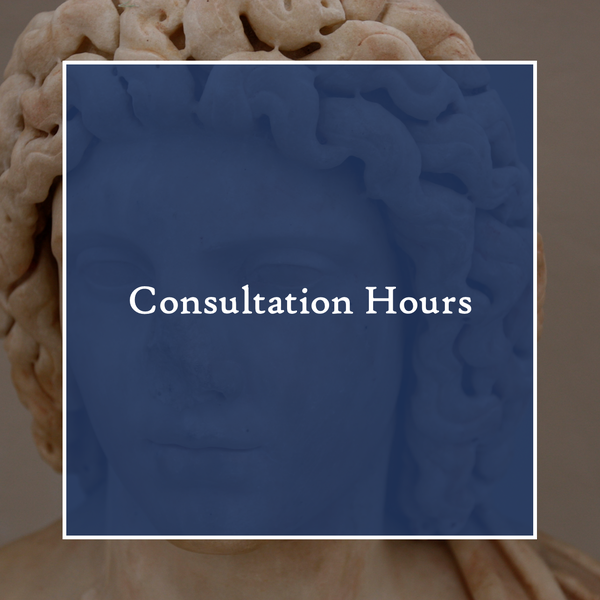
|
Lecturers offer regular consultation hours, either in person or digitally. These sessions provide students with the opportunity to ask questions about individual courses or the degree programme in general, identify their needs for support or advice, reflect on their performance, and discuss any issues directly with the lecturers. For instance, it is beneficial to discuss the content and structure of presentations, term papers, and theses with lecturers beforehand to ensure thorough preparation for examinations. Consultation hours also provide a chance to receive detailed feedback on examination performance and results, delve deeper into course topics, or plan your individual study programme. Consultation hours with lecturers are not mandatory but are an additional resource available to you. Please feel free to request an appointment with your lecturers. View consultation hours as a valuable opportunity! Some lecturers have fixed consultation times, while others offer appointments by prior arrangement. You can find information about the specific arrangements via their profiles or the profile overview.
|
